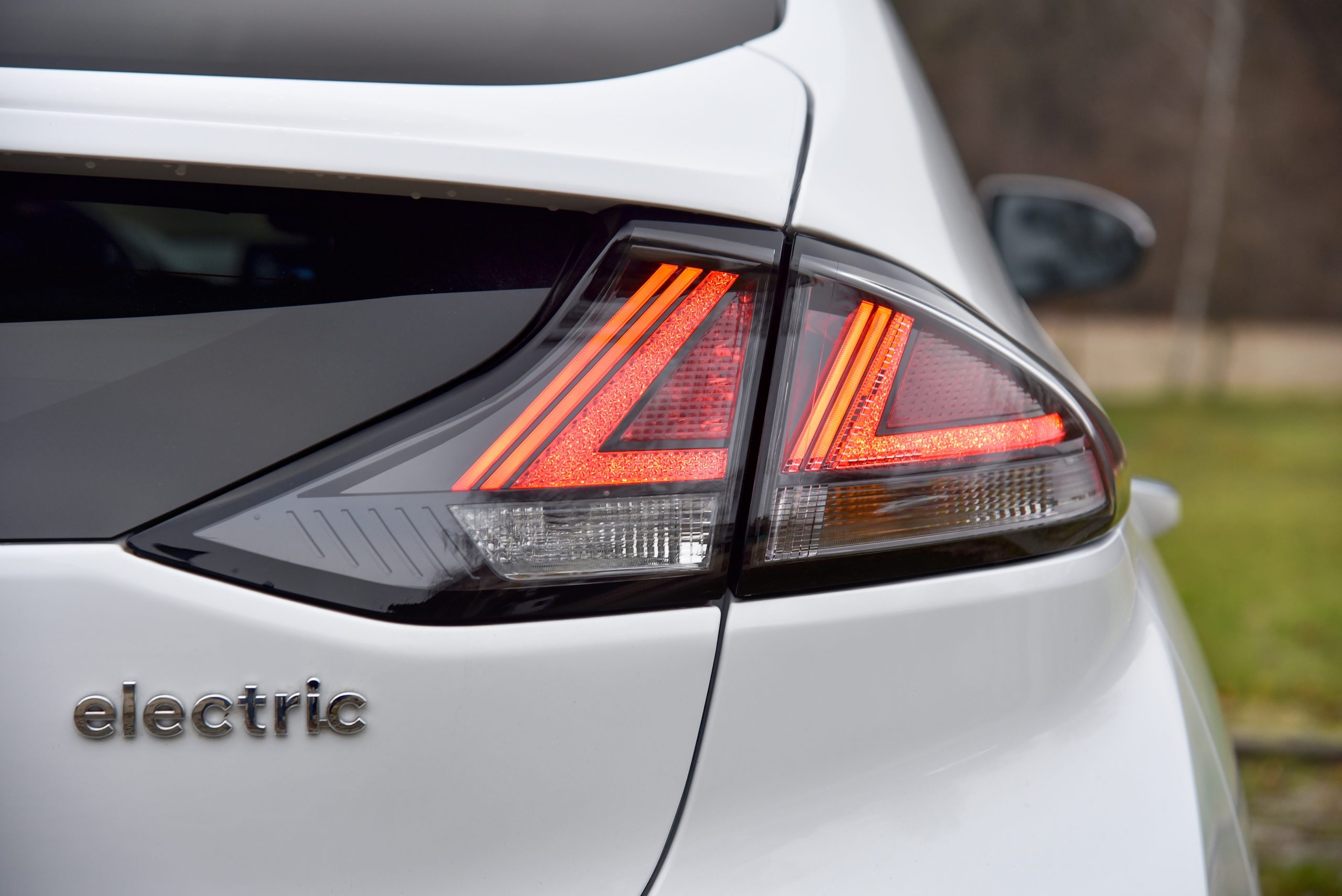A class action lawsuit alleges a battery defect in certain Hyundai electric vehicles poses a risk of fire.
The vehicles alleged to be defective are the 2019-2021 Hyundai Kona and 2020 Hyundai Ioniq. The lawsuit contends the batteries in these vehicles can only attain the promised range by charging the batteries to “a dangerous degree.” Beginning in October 2020, the lawsuit claims, a series of fires resulted in recalls in South Korea, and Hyundai reprogrammed the battery so the vehicles would travel a shorter distance than promised. The advertised range, the complaint contends, was 258 miles for the Kona EV and 170 miles for the 2020 Ioniq.
Plaintiff Sebastien Friche contends he experienced a related defect in his 2019 Kona EV. According to the lawsuit, in 2020, Hyundai issued a voluntary recall of approximately 6,700 Kona vehicles, claiming “1%” may have a “high voltage battery system” that “might contain certain electrical deficiencies,” which, in turn, could “increase the risk of an electrical short circuit after fully charging” the battery. Friche contends Hyundai recognized an electrical short in the battery “could result in a fire.” Later, he claims, in 2021, Hyundai augmented the recall to include some 2019-2020 Kona electrical vehicles and 2020 Ioniq electric vehicle sedans.
Friche says after he became aware of the recall, his wife took his Kona to his local dealer for service. When the recall was completed, he claims, Hyundai had reduced his vehicle’s range by 20 percent to compensate for decreasing the risk of a possible battery malfunction. Then, in 2021, he claims, Hyundai used a remote software download to restrict his Kona’s battery range to 205 miles drop in range. And, later in 2021, he claims, when his wife returned the vehicle to the dealer to fix a tire, the dealer impounded the vehicle until Hyundai could replace the battery. He alleges the dealer explained it could not release the car to his wife, given the fire risk posed by the vehicle.
The lawsuit asserts claims including breach of warranty, violation of California consumer laws, and fraudulent concealment.
The lawsuit seeks remedies including damages and attorney fees.
The case is Sebastien Friche v. Hyundai Motor Co., et al., case number 8:21-cv-01324, in the United States District Court for the Central District of California.





